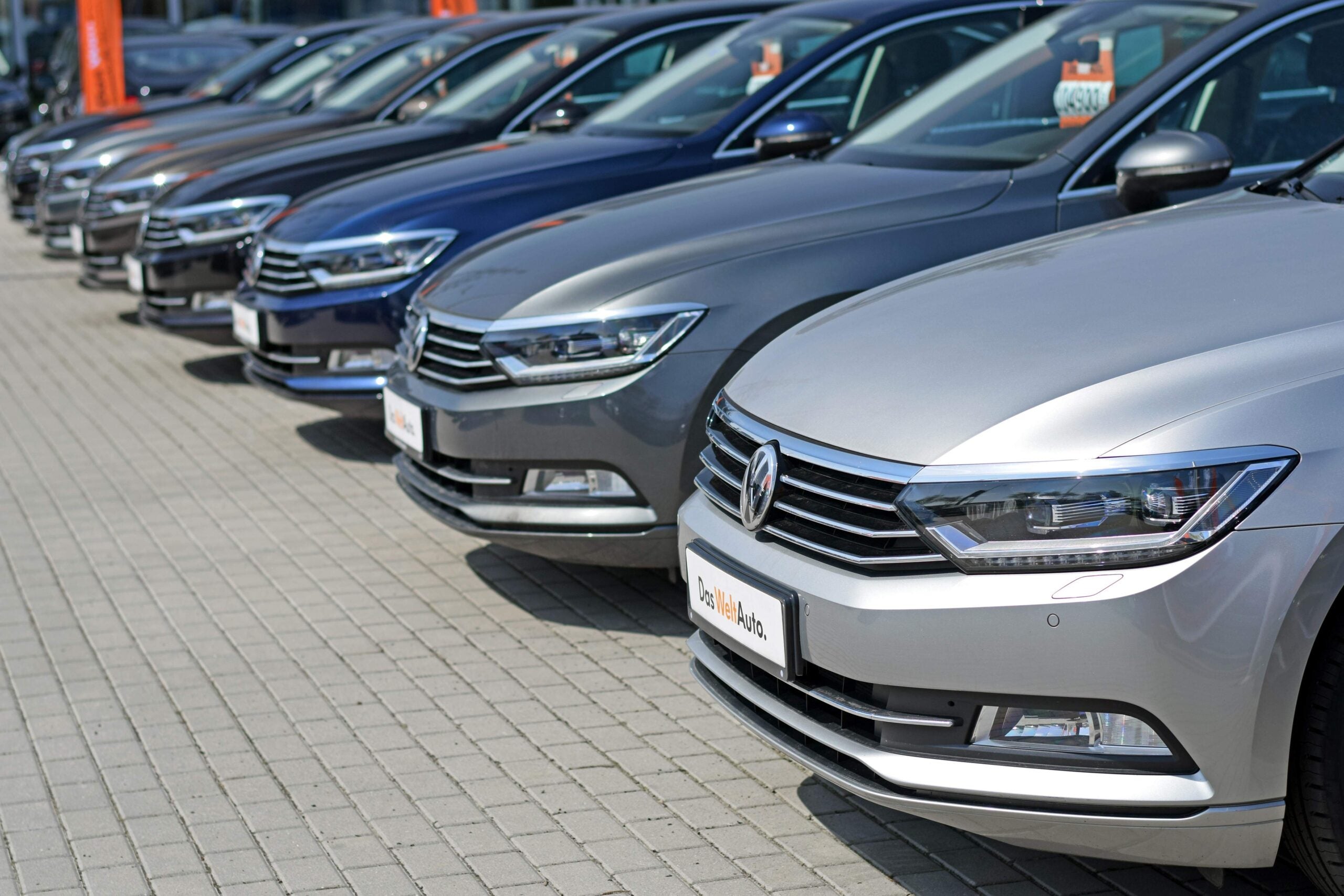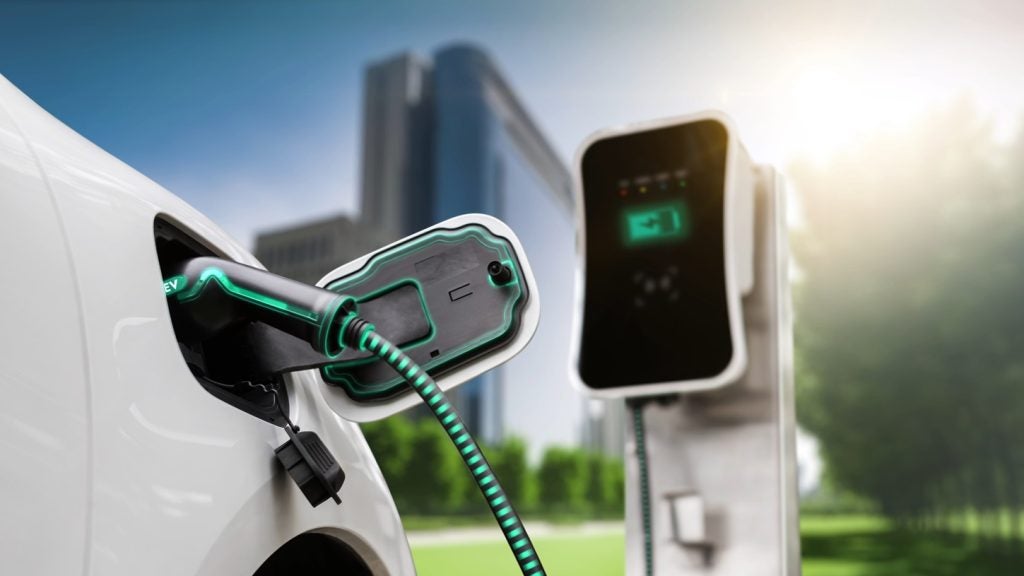
Year-on-year registrations for diesel cars dropped 30% in October, figures from the Society of Motor Manufacturers and Traders (SMMT) have shown.
The fall was part of a wider slide across the new car market, which saw little over 158,000 cars registered in October, down 12.2% year-on-year.
The overall fall was slowed down by petrol cars, which grew 2.7%, and alternatively fuelled vehicles (AFVs), which surged 37% to over 8,000 registrations.
Demand in the fleet segment fell 13%, with private registrations faring a little better at -10.1%.
With the market already slowing down in the year-to-date, SMMT expects 2017 to close with 4.7% fewer registrations from 2016.
Mike Hawes, SMMT chief executive, said: “Declining business and consumer confidence is undoubtedly affecting demand in the new car market, but this is being compounded by confusion over government policy on diesel. Consumers need urgent reassurance that the latest, low emission diesel cars on sale will not face any bans, charges or other restrictions, anywhere in the UK.
How well do you really know your competitors?
Access the most comprehensive Company Profiles on the market, powered by GlobalData. Save hours of research. Gain competitive edge.

Thank you!
Your download email will arrive shortly
Not ready to buy yet? Download a free sample
We are confident about the unique quality of our Company Profiles. However, we want you to make the most beneficial decision for your business, so we offer a free sample that you can download by submitting the below form
By GlobalData“We urge the Government to use the forthcoming Autumn Budget to restore stability to the market. Encouraging the purchase of the latest low emission vehicles as fleet renewal is the fastest and most effective way of addressing air quality concerns.”
Sue Robinson, director at the National Franchised Dealers Association, said: “Although the continuous increase in alternative fuel vehicles’ sales is encouraging, in the short and medium term, they will not fully replace petrol and diesel cars. Going forward, we must ensure that consumers have the accurate facts and information to be able to choose the car best suited to their needs.
“The significant decline in sales of diesel vehicles shows that consumers have been affected by current media and Government coverage. Modern Euro 6 diesel cars cannot be compared to older diesel models.”
Alex Buttle, chief marketing officer at Motorway, added: “These figures make depressing reading for the car industry … Consumers aren’t listening to rhetoric about cleaner diesel models, however much the industry drums on about it. The damage has been done.
He questioned the efficacy of a strategy centered on sustaining diesel sales, wondering if it’s not a “lost cause”.
“Maybe it’s time focus is shifted towards giving attractive tax incentives for purchasing alternative fuel vehicles … Consumers are showing huge interest in eco-friendly cars, and it’s reflected in new registrations. AFVs are the future of the car industry and the government need to adapt to changing times if it has any interest in keeping the new car market buoyant.”
Richard Jones, managing director at Black Horse, took a more positive view, saying that the figures “show the new car market is moving to a more sustainable position going forward”.
“In the longer term this correction in sales is positive for the market, and should reduce concerns of new car oversupply impacting negatively on used car values. We must also remember Brexit has already had an impact on the UK car market through the fundamental shift in the exchange rate which is impacting car prices, making the market correction even more understandable.
“Whilst we welcome the ongoing growth in popularity of electric vehicles, we are still at least five years away from them taking a material market share and so traditional fuel types will have a significant role to play for many years to come.”
Among manufacturers, Vauxhall took one of the heaviest hits, maintaining top market share but losing over 34% in registrations. Groups like Renault, BMW, PSA and Fiat all recorded drops between 20% and 30%. Ford and Volkswagen stopped at -8.5% and -2% respectively, while Toyota rose 13% and Alfa Romeo almost 30%.







